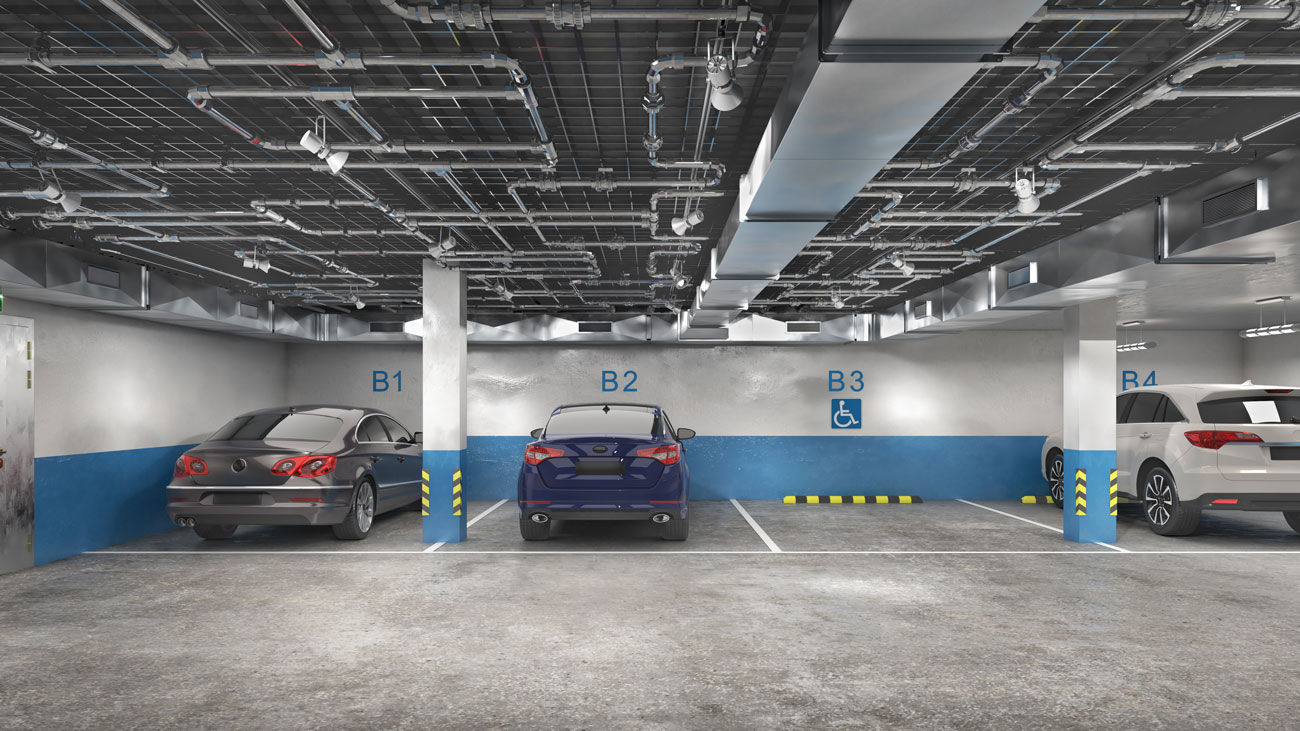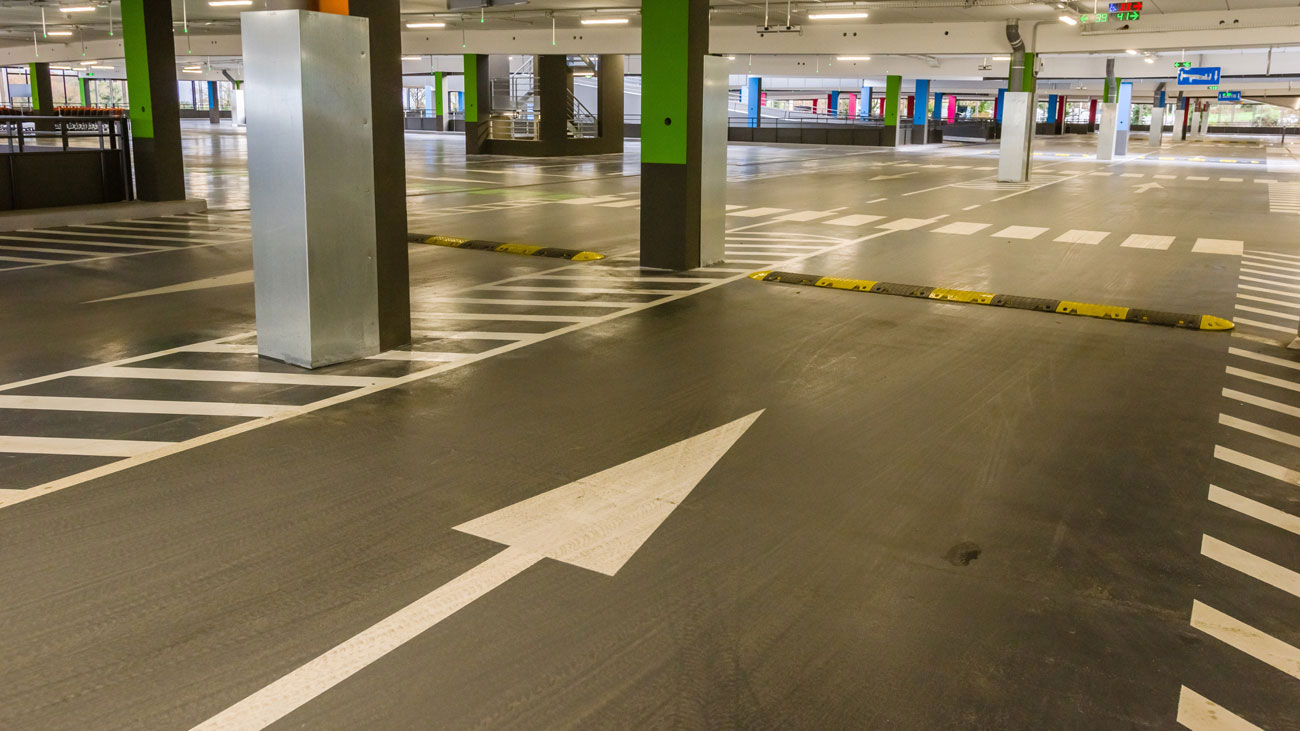
Workplace parking levy: coming to a city near you?
Charging employers who provide workplace parking in Leeds city centre is among the ideas put forward as part of a new vision for transport in the city. The workplace parking levy - a type of congestion charging scheme - would be intended to act as an incentive for people currently driving into the city centre to make use of park and ride schemes or other forms of transport instead.
If adopted, it could also raise valuable funds that would be ring-fenced and reinvested in other transport schemes, supporting the goal of becoming a place where a car is no longer a necessity and everyone can access affordable, carbon-free travel options.
Listed as an option that Leeds City Council might need to consider in the future, the levy is just one of the possible steps being considered when it comes to transforming the city centre - one of six 'big moves' set out in the draft Connecting Leeds Transport Strategy currently out to public consultation.
Greg Marsden, a Professor of Transport Governance at the University of Leeds' Institute of Transport Studies, is one of the experts on the Leeds Transport Advisory Panel set up to advise and challenge the council on its strategy. He pointed to the example of Nottingham, where a workplace parking levy has generated funding towards the introduction and expansion of a tram network.
Introduced in 2012, the Nottingham model sees employers who provide more than ten parking spaces for their staff pay about £415 every year to the city council for each space, with the charge increasing each year in line with inflation. Employers can then choose whether to pass on the cost to their staff.
Workplace parking levies can form part of a business' travel plan, which should be designed to promote more environmentally-friendly travel options, for example car-pools, public transport and walking. Travel plans become an obligation if a business has to implement new measures as a result of problems with parking shortages, congestion problems or large changes to the business.
There are several long-term benefits of having a travel plan in place:
- A travel plan can be used to recruit and retain staff in a more effective manner, while also saving money on car parking spaces and business travel.
- A more streamlined car park can serve to reduce the impact of parking and road use on the local community, resulting in a friendlier corporate image.
- Creating areas where employees can be dropped off and picked up will help with car park congestion.
The public consultation on Leeds transport proposals will run until 26 March, before the feedback from the public and other stakeholders is reviewed. An updated strategy is then expected to be published in early summer.
Click here to learn more about the proposals, read the draft strategy in full or make comments.






